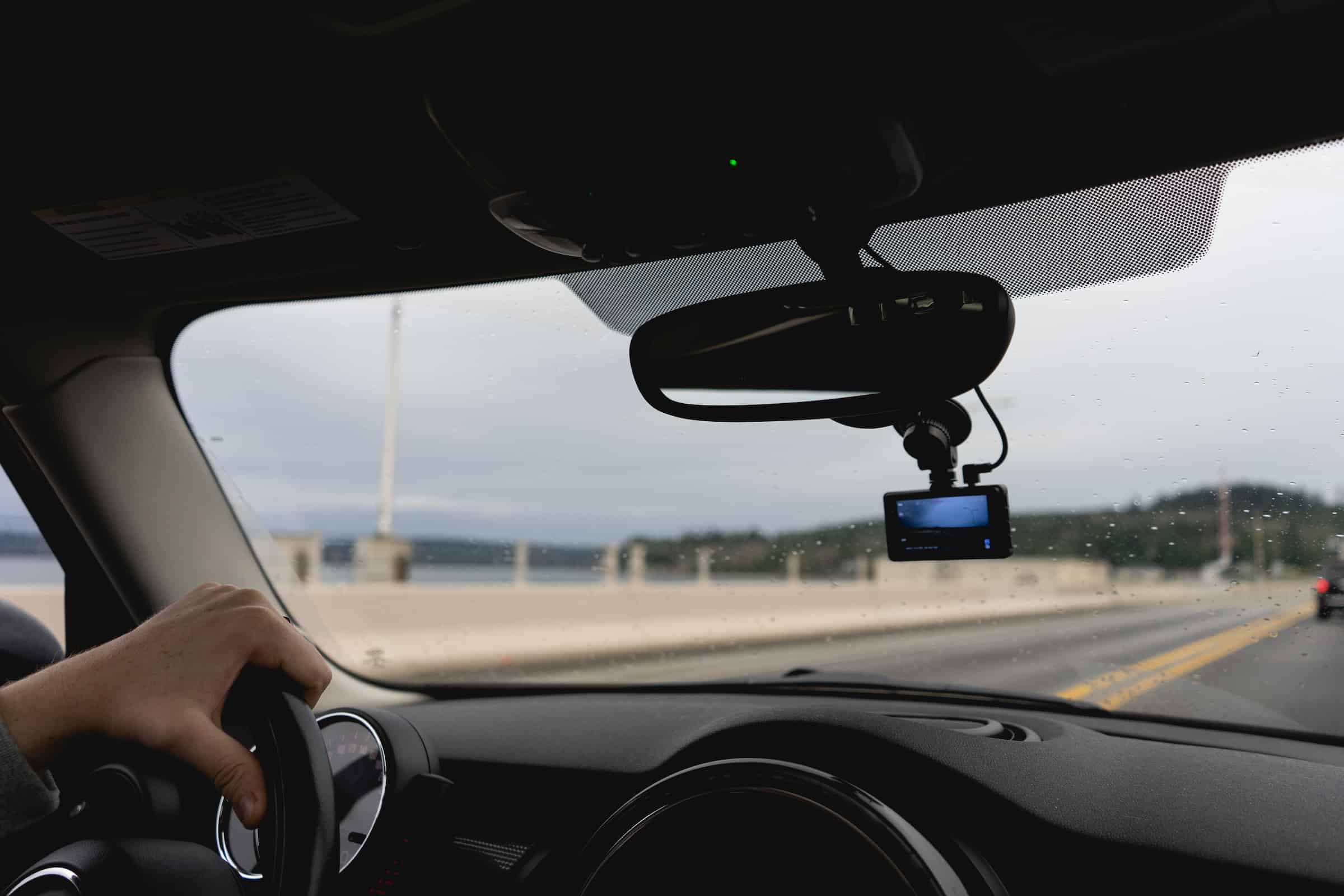Provided by: RS Risk Solutions Ltd
Understanding Crash-for-Cash Scams
Spurious road traffic accidents – where criminals aim to profit from fraudulent insurance claims – are not new events. These accidents, classified as “crash-for-cash” scams, can include fabricated personal injury claims following minor accidents and intentional collisions. The latest Crash-for-cash fraud trend involves delivery moped drivers deliberately crashing into oncoming traffic for compensation. In fact, in London alone, approximately 2,250 people have fallen victim to this type of scam in the past two years, according to the insurance Fraud Bureau.
Therefore, its crucial for you to understand crash-for-cash scams and know how to avoid and respond to them.
Types of Crash-for-cash Scams Explained
The Association of British Insurers identifies three main types of crash-for-cash scams:
- The staged accident – A fraudster and an accomplice crash their vehicles together or intentionally damage them in other ways.
- The induced accident – Scammers induce innocent motorists into specific collision types and frame them as the “at-fault” driver.
- The ghost accident – Fraudsters submit fabricated claims about accidents that never occurred.
Unfortunately, commercial drivers like you could be an attractive target for induced accident scams in particular due to the likelihood of having more comprehensive coverage types through their employers, which fraudsters can prey on. As such, its critical that anyone who drives a vehicle for work purposes knows how to avoid a crash-for-cash event as well as what to do in the event of such a scam.
Tips to avoid Crash-for-cash Scams
Consider the following tips to avoid crash-for-cash scams:
- Look ahead while driving to spot any potential hazards, such as unusual driving behaviour. For instance, drivers paying attention to vehicles behind them without due reason or vehicles travelling unusually slowly or erratically could indicate a potential scam.
- Maintain a safe braking distance from the vehicle in front of you. The gap will vary depending on the speed you’re travelling; typical stopping distances range from 12m when driving at 20mph to 96m at speeds of 70mph.
- Be aware of your surroundings and adjust your driving habits as needed. Specifically, drive defensively, always stick to the Highway Code and never assume that someone flashing their headlights means its safe to proceed.
- Remain cautious when pulling out of a side road, especially if encouraged to do so.
Responding to a Crash-for-cash Scam
While you can take preventative measures to avoid crash-for-cash incidents, they can still happen. Therefore its important to know how to respond.
If you believe you have been in a targeted crash-for-cash scam, take the following steps:
- Do not confront the driver about the crash, admit liability or challenge the driver about any suspicions.
- Exchange details as legally required.
- Take detailed notes about the driver, any passengers and the circumstances of the crash.
- Take photographs of the scene and the damage to both vehicles as discreetly as possible.
- Report the incident to the insurer as soon as possible, along with your suspicions.
- Report the incident to Insurance Fraud Bureau Cheatline on or online.
Speak to your supervisor for more vehicle-related safety guidance.

